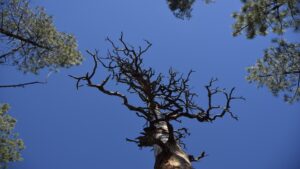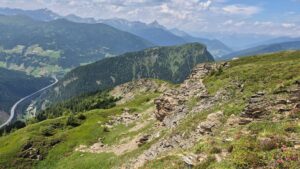Abstract/Description
Traditional irrigation communities of Spanish mountain areas have a long tradition in using artificial aquifer recharge as a means of enhancing spring flow and river base flow during the dry summer months. The simple technique, also known as water sowing and harvesting (WS&H), consists in deviating surface water from rivers and gullies with unlined channels during high flow periods to facilitate its infiltration into sloping aquifers either directly through permeable materials or indirectly through irrigating pastureland.
The objective of this work is to present the main findings from my PhD thesis. This will include (1) introduction to different examples from WS&H practices in Spain, (2) conceptualization of WS&H as “ecohydrological nature-based solutions”, and (3) presentation of some of the main results from hydro(geo)logical field studies conducted in a small watershed in the Sierra Nevada mountain range.
I am in the fourth year of my PhD studies, which I am intending to complete by the end of 2025 – mid 2026. The work as PhD, especially when burdened with a lot of field work in mountain settings, is sometimes quite lonely, and I am really looking forward to meeting others working in similar settings, to share experiences and learn from their research approaches. I am submitting my abstract to the session on water-use conflicts and droughts, because it fits most with my PhD research, but there are also some other sessions that trigger my interest.


